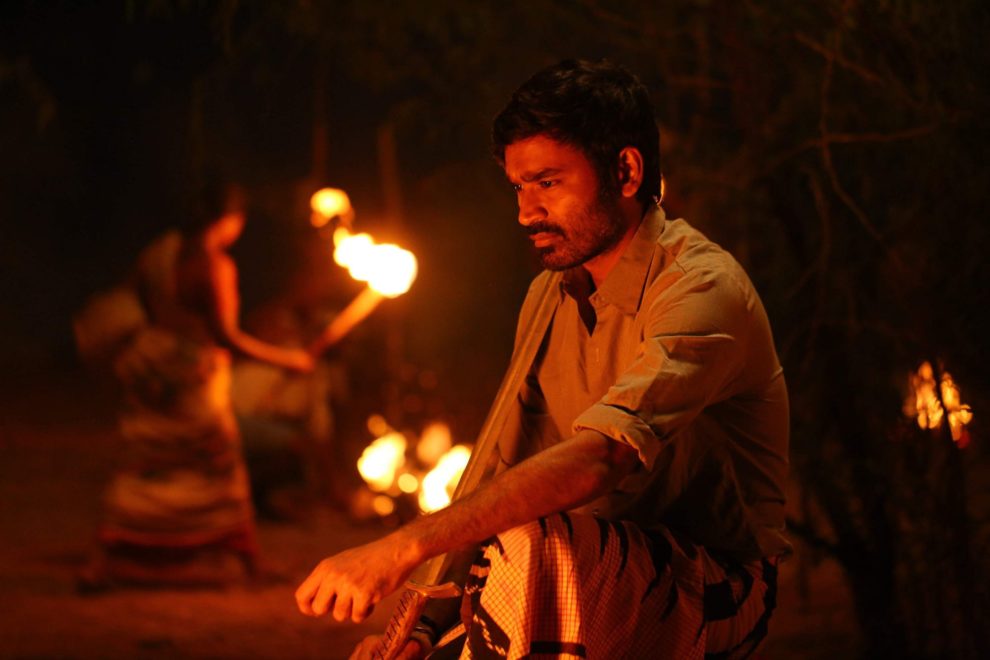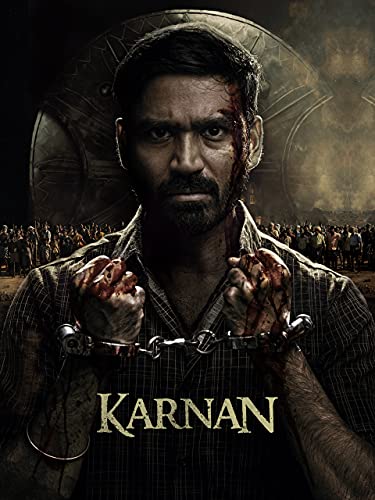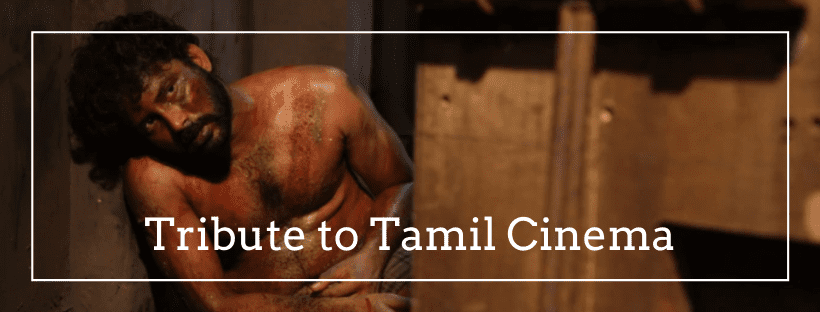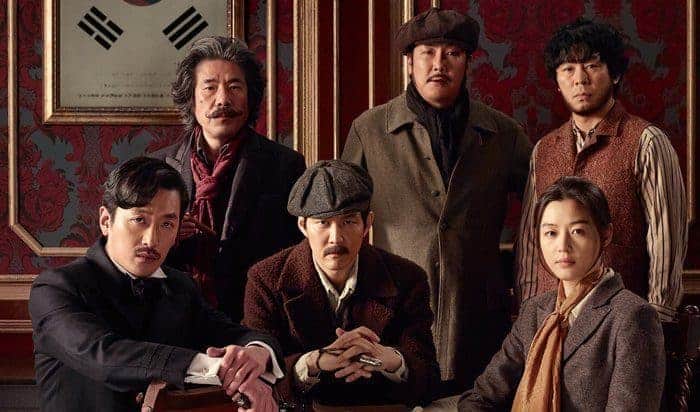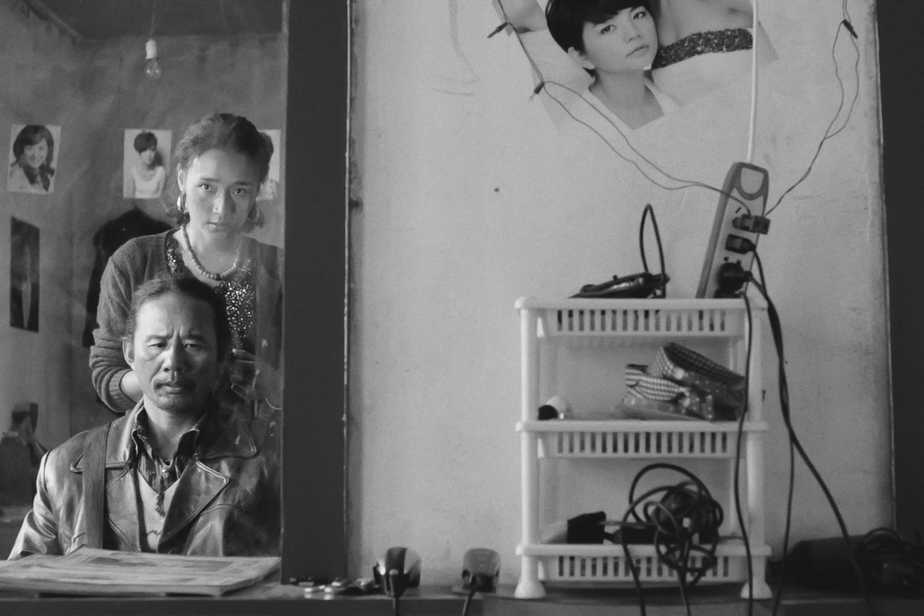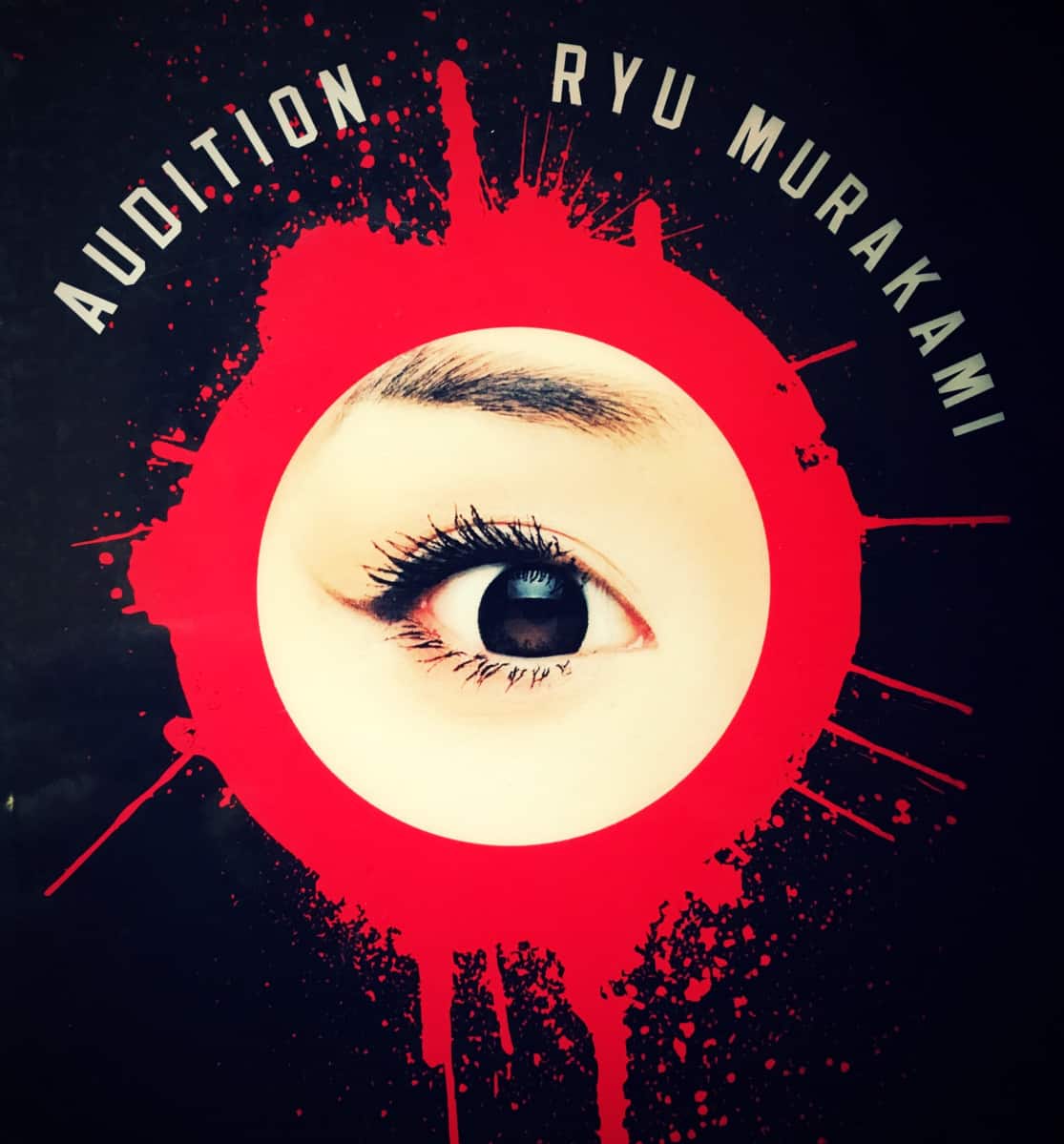Based on similar events that took place in 1995 in Kodiyankulam, “Karnan” was one of the highest grossing Tamil films of 2021, although its theatrical run was abruptly ended due to restrictions following the COVID-19 pandemic. The movie also finds its place in our Best Indian Films of 2021 list and is the first one we review as part of our Tribute to Tamil cinema
Buy This Title
on Amazon
In southern Tamil Nadu, two neighboring villages Melur and Podiyankulam, find themselves in constant conflict as the latter's inhabitants are denied a bus stop and are forced to use the one by Melur for commuting. However, as the people there look down upon the Dalits of Podiyankulam, the frictions are frequent, and have actually resulted in the latter either waiting for hours to hitch a ride from some passing truck, or not commuting at all. The second choice has inhibited the progress of the village significantly, since the children cannot go to school and the grown ups cannot find jobs. The people are aggravated, but not particularly eager to fight to make a difference.
That is until in 1997, Karnan, a young man wins the local deity's sword as part of a competition of cutting a fish in half in the air. Soon, Karnan's anger for the injustice his people suffer starts a fire in the hearts of everybody, even if before that happens, he has to face the leaders of the village, who do not look at his shenaniganz with positivity. All the while, the only one who stands constantly by him is his grandfather Yaema Raja, who worries all the time that his grandson's hot headedness will bring him into trouble. Furthermore, at some point, Karnan begins a relationship with Draupadhi, Vadamaalaiyan's sister, who is essentially his number one rival in the village. However, after an incident that leads to police brutality, instigated by Superintendent of Police Kannabiran, the villagers realize that their personal conflicts must be put aside.
The movie begins with a rather impressive, music video style intro, which functions as a tribute to Karnan, but also sets the tone for a significant part of the movie, which is filled with these types of sequences. The overwhelming majority of them are quite memorable visually, highlighting the excellent job done by DP Theni Eswar and editor Selva Rk, with both being among the best aspects of the movie. At the same time, there are also rather many and lengthy, not to mention overindulging in slow motion, and occasionally harm the flow of the movie, while extending its duration to 158 minutes, something that could definitely have been avoided.
Another issue with the film lies with the protagonist. Dhanush may give an astonishing performance in a rather demanding role that has him fighting, dancing like a maniac, riding a horse, and being constantly angry, but this last part is also the one that makes it difficult to like him, particularly because he lashes towards everybody, including his grandpa who always tries to help him. Eventually, his anger becomes the moving force for the village to rise up against the oppression, and one could say that this type of character is a necessity in this setting, but at the same time, watching him fight constantly with everyone around him makes it very difficult to empathize with him, at least to the point where police brutality becomes a major factor.
Apart from these hiccups, the rest of the movie is truly magnificent to watch. The level of violence and brutality is rather intense, almost from beginning to end, but Mari Selvaraj manages to make it part of the narrative, not an element which just aims at entertainment as in exploitation films, essentially adding to the drama that permeates the movie. The scene with the fighting in the village, where the brutality on image is accompanied by the cries of a woman giving birth is where this element finds its apogee, in a testament to the astonishing job of director, DP and editor. The way Selvaraj directs many people on screen at the same time, along with the excellent, rather fittingly fast pace also are exceptional, while the many panoramic shots of the area are rather beautiful to watch at, also providing a much welcome relief from all the mania that dominates the movie.
In terms of acting, some excessiveness does exist, but Lal as Yema Raja, Karnan's grandfather, Yogi Babu as Vadamalaiyaan, and Natarajan Subramaniam as SP Kannabiran truly stand out with their performances, with the first in particular, having an equally demanding role as that of Karnan's.
Despite some faults which seem to be inherent in the local movie industry, “Karnan” is a true epic movie that also manages to highlight the issues the lower castes face in the country, through an approach that aims firstly towards entertainment.


